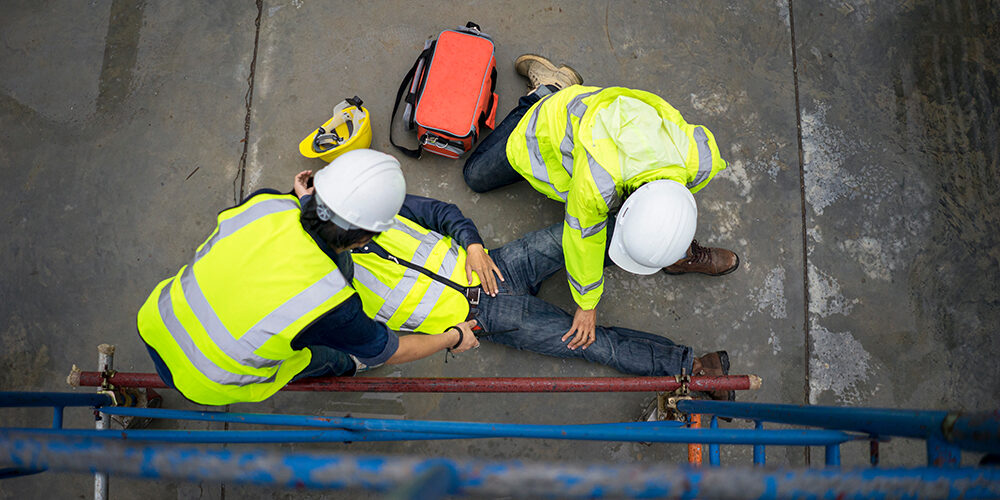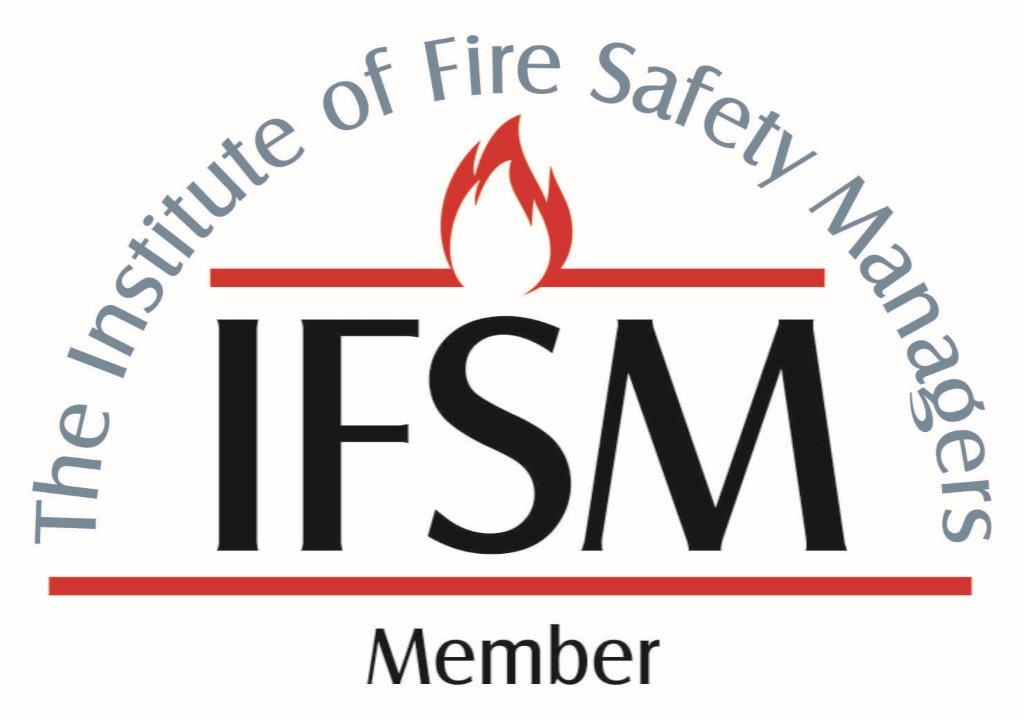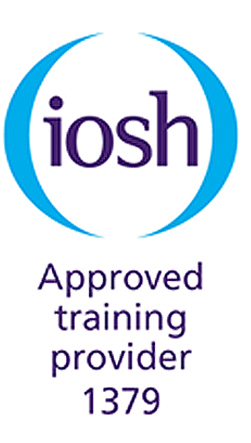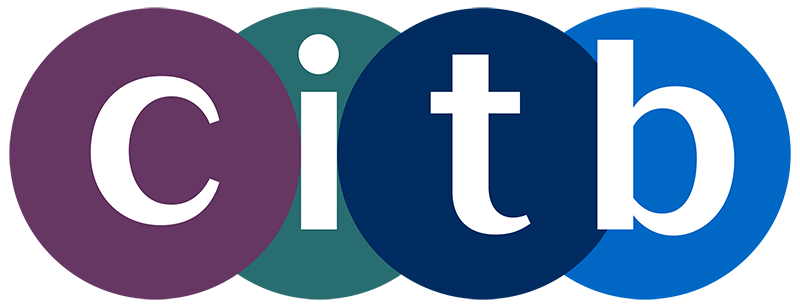
Who to report incidents to at work
When accidents and incidents happen at work it’s often all about dealing with the issue right in front of you. But once the dust has settled, don’t just go back to business as usual. Reporting incidents is the key to preventing them from happening again in the future. In this blog we’re talking about why knowing who to report incidents to at work is really important for keeping everyone safe.
Since the Reporting of Injuries, Diseases and Dangerous Occurrences Regulations 2013 (RIDDOR)was introduced, it’s clear that employers need to take action if something goes wrong. You can find out more about RIDDOR here on the HSE website. Here’s what you need to know about reporting incidents in a way that’s easy to get your head around.

If there’s an accident that results in someone getting seriously hurt, it’s totally crucial to let someone know right away. For example, if a colleague slips and falls and they end up with a badly swollen or bruised ankle, you should tell your line manager or the person in charge of health and safety. They will make sure it gets documented properly and reported to the right people.
It’s not just accidents you need to report. If someone gets diagnosed with an industrial illness – like lung problems from breathing in dust – this needs to be reported too. Check with your health and safety officer. They’re usually responsible for tracking these cases. They’ll know how to handle the paperwork and report it to the authorities.

Reporting near-miss incidents is just as important as flagging up actual accidents and incidents at work. These are incidents that could potentially lead to serious accidents but haven’t actually resulted in any injuries yet. For example, if a heavy piece of equipment almost falls on someone’s head but doesn’t, you should report that too. It’s easy to breathe a sigh of relief that it didn’t happen. But this is the prime time to bring in measures at work to stop the near-miss from being a hit next time. Talk to your supervisor or health and safety officer. This means they can look into it and prevent it from happening again.
When reporting an incident at work, it’s essential to provide clear and detailed information to ensure it’s handled effectively and promptly. Key details to include are the date, time, and location of the incident, along with a brief description of what happened. Be sure to mention any people involved or injured, as well as witnesses who can provide further insight. It’s also important to describe the immediate actions taken, such as first aid or hazard removal, and note any equipment or materials involved. Providing this information helps your workplace respond quickly, investigate thoroughly, and prevent future incidents.
Remember, reporting incidents is not just a box-ticking exercise or the job of the workplace busybody! It’s actually about creating a safe place for everyone to do their jobs. When you report issues, you’re helping your workplace improve and avoid future accidents – and keeping your colleagues safe too. It’s a win-win!
Ask your manager or someone in HR if you’re totally clueless about who to report incidents to at work. It’s their job to let you know the details. At Ardent Safety, our training and consultancy helps make sure everyone is on board with workplace safety. Visit the website to find out more and feel free to get in touch to see how we could help – we’d love to hear from you.











